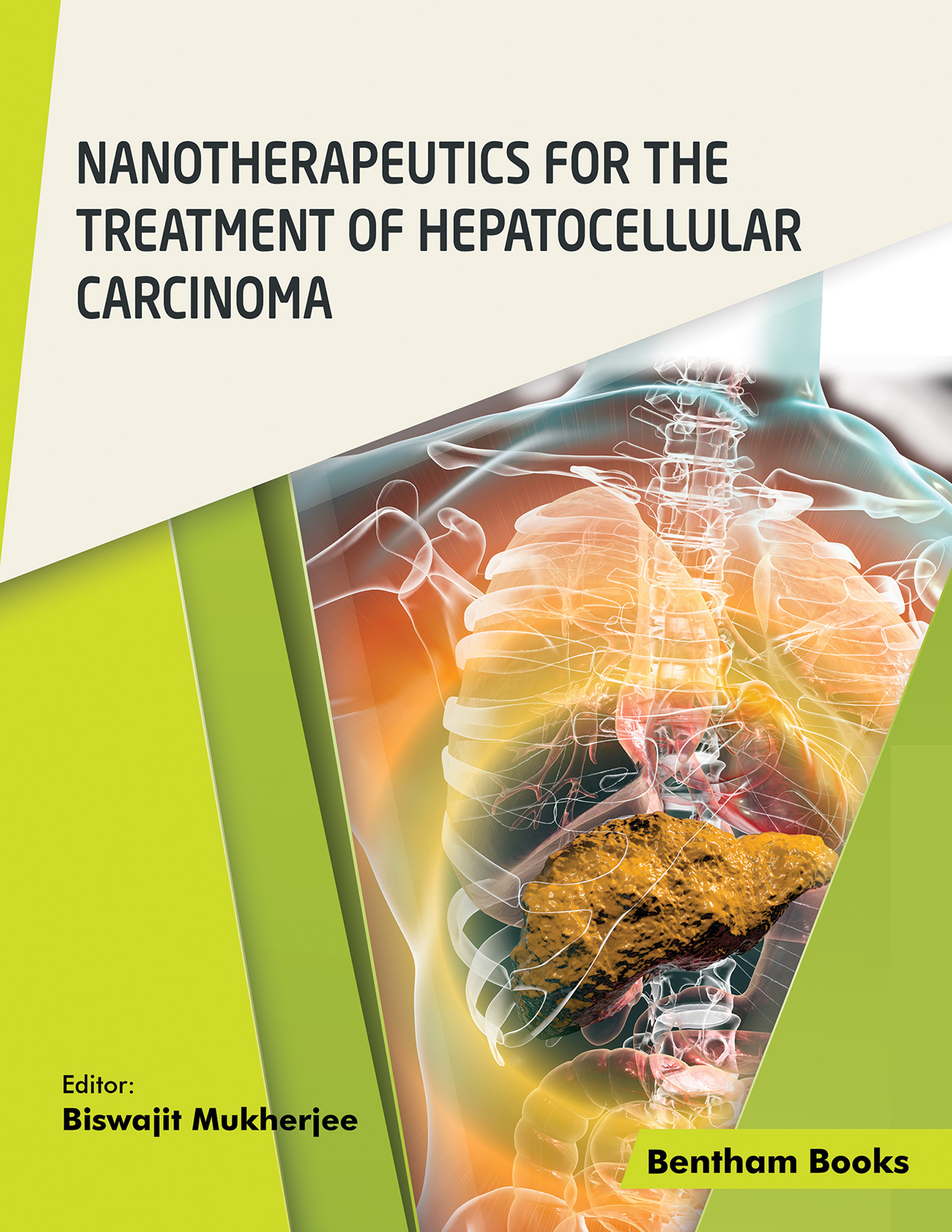Hepatocellular Carcinoma and Therapeutic Challenges

- By Somenath Datta1
-
View Affiliations Hide Affiliations1 Duke Molecular Physiology Institute (DMPI), Duke University School of Medicine, Durham,North Carolina, USA
- Source: Nanotherapeutics for the Treatment of Hepatocellular Carcinoma , pp 98-122
- Publication Date: March 2022
- Language: English
Hepatocellular carcinoma (HCC) is the most common primary hepatic malignancy and accounts for more than 90% of liver cancers. Despite HBV vaccination programs and targeted therapies, the global burden of HCC is still increasing. Early diagnosis of HCC has been crucial for selecting the best curative treatment options and improving overall patient survival. Despite several advancements in surveillance programs and diagnostic strategies, most HCC cases are still diagnosed at the late stages when most of the current therapeutics become ineffective, making HCC one of the main reasons for cancer-related deaths. Enormous heterogeneity in HCC poses the most prominent challenges for scientists and physicians in designing perfect staging systems and therapeutic selection for HCC patients. Although several HCC therapeutic advancements have come up in the past decade, the current status is far from satisfactory. At present, HCC therapeutics are struggling with several challenges: a shortage of human donors for transplantation, drug resistance, lack of standard operating protocol for immunotherapy, etc. Some clinical trials using single or combination therapies are currently underway, hoping to overcome some of these challenges. Constant improvement in HCC therapeutic strategies and prevention measures provides optimism for further advancement in the coming future.
-
From This Site
/content/books/9789815039740.chap2dcterms_subject,pub_keyword-contentType:Journal -contentType:Figure -contentType:Table -contentType:SupplementaryData105

